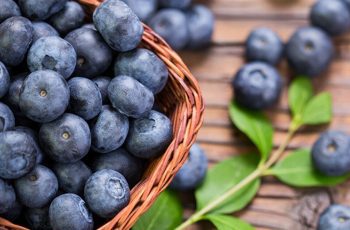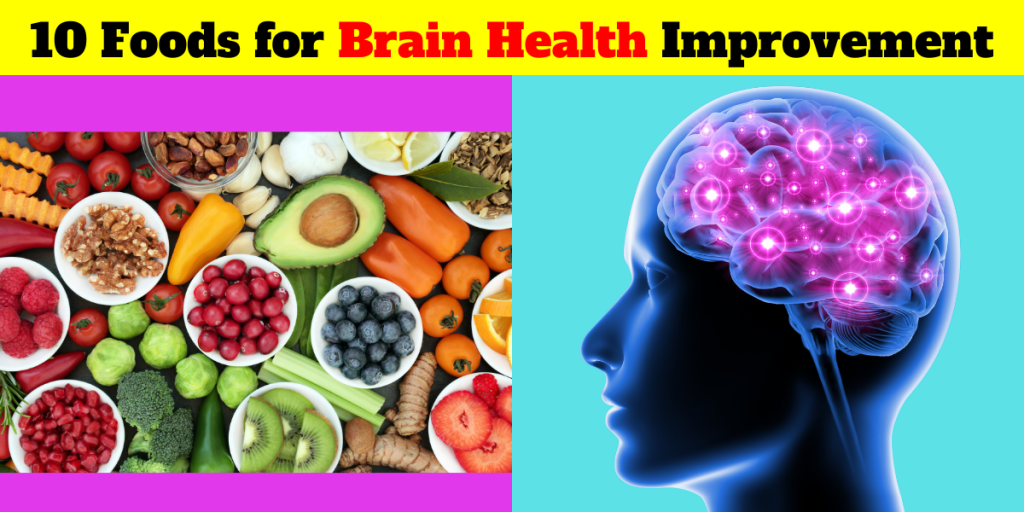
You are what you eat, after all. Your diet has a significant impact on your overall health, even if you don’t literally become what you eat. On top of all that, certain foods have been shown to benefit cognitive function. The risk of developing neurological problems later in life can be significantly reduced by eating the proper foods for brain health.
Here are a few foods for brain health:
Blueberries
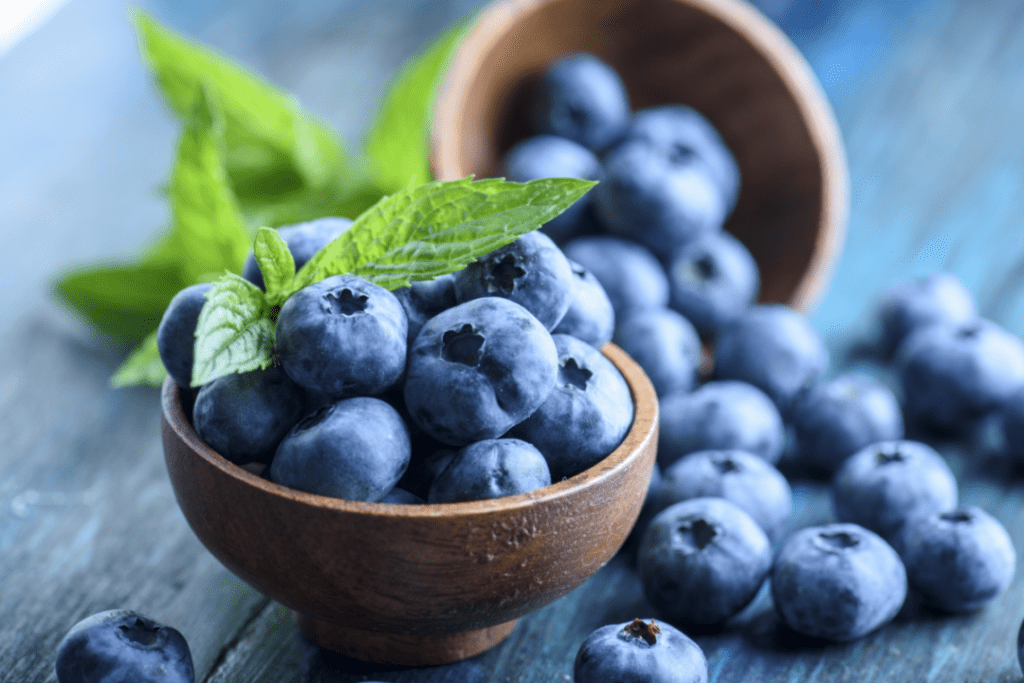
Anti-inflammatory and antioxidant properties are shared by a compound found in blueberries. As a result, blueberries can lower inflammation, which lowers the risk of developing brain aging and neurodegenerative disease. antioxidants have also been linked with improved brain communication.
Eggs
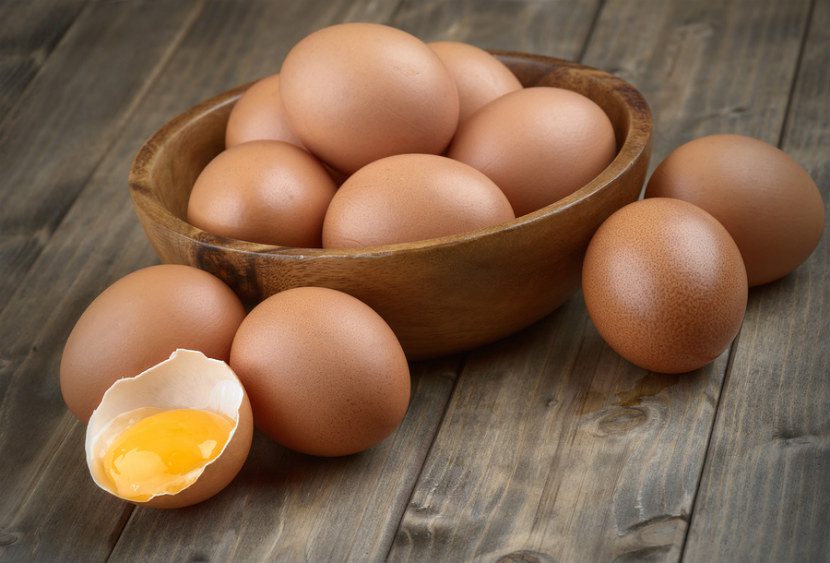
A nutrient called choline is found in eggs, which are high in B vitamins. Depression and dementia have been linked to a lack of B vitamins, which can slow cognitive decline. Choline is a building block used by the body to make the neurotransmitters involved in mood and memory.
Fatty Fish
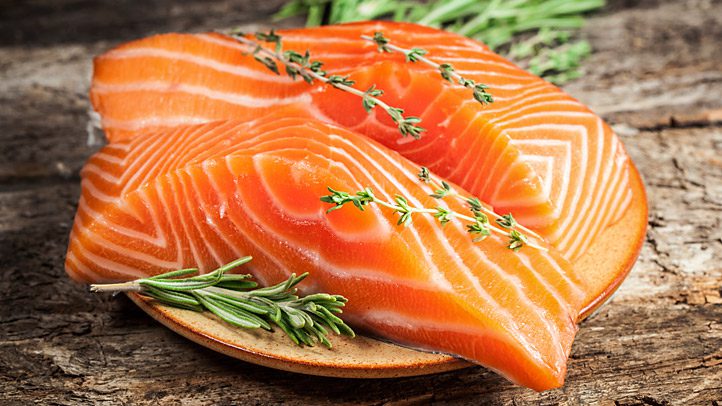
Fish high in omega-3 fatty acids include trout, salmon, and sardines. More than 60% of your brain’s fat is made up of omega-3 fatty acids, which play a crucial role in the development of new brain and nerve cells. Omega-3 deficiency has been linked to mood swings, attention deficit disorder, and depression.
Fruits
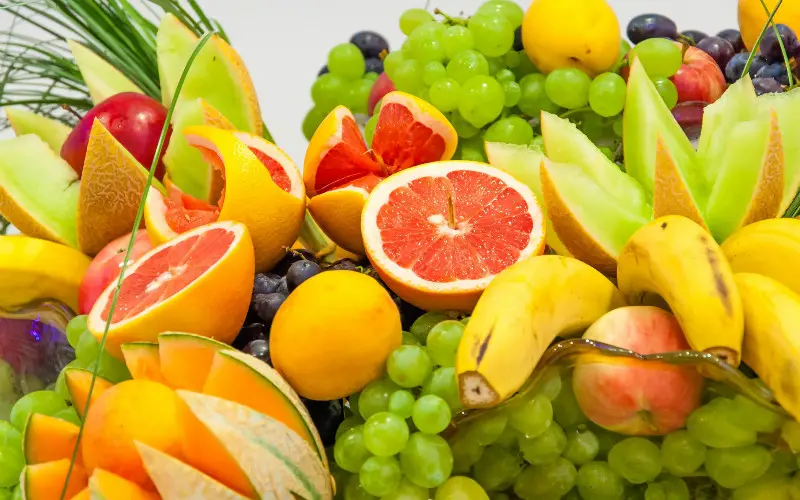
Vitamin C is abundant in a variety of fruits and vegetables, including oranges, bell peppers, guava, kiwi, tomatoes, and strawberries. Preventing brain cell damage is one of the benefits of taking vitamin C. It has been shown in a study that vitamin C may help prevent Alzheimer’s disease.
Leafy Greens
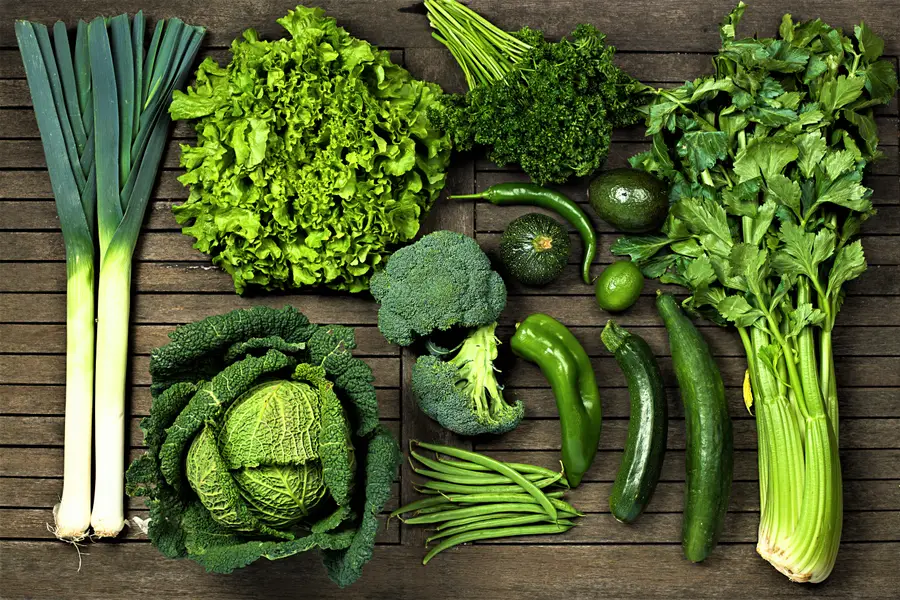
In addition to vitamin K, lutein, and beta carotene, leafy green vegetables like broccoli and collards also contain a variety of other nutrients. Adding Vitamin K to your diet has been shown to improve your memory and increase the amount of fat in your brain cells.
Nuts
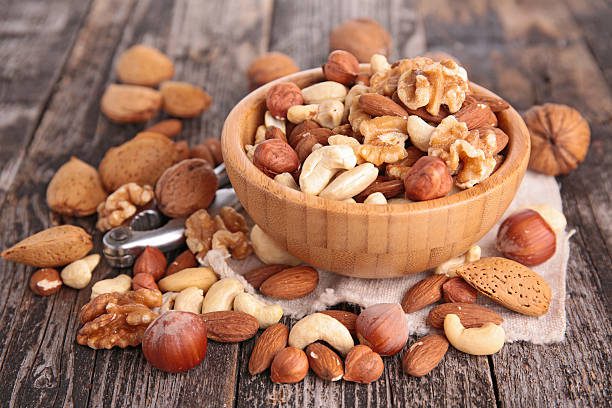
It has been found that nuts contain healthy fats, antioxidants, and vitamin E, which are beneficial for both the brain and heart. The omega-3 fatty acids found in walnuts, in particular, have been shown to improve cognitive function and memory. There is evidence that nuts can improve cognitive function, and memory, and slow the onset of mental decline.
Pumpkin Seeds
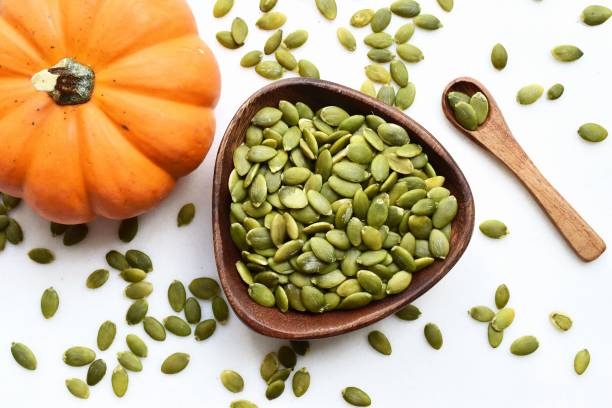
Additionally, pumpkin seeds are a source of antioxidants and minerals like zinc, magnesium, and copper, as well. The brain uses zinc for nerve signaling, magnesium for learning and memory, copper for controlling nerve signals, and iron to keep the brain clear of fuzziness.
Tea and Coffee

Caffeine, antioxidants, and other stimulants can be found in both tea and coffee. L-theanine, an amino acid found in green tea, has the ability to cross the blood-brain barrier and boost activity in neurotransmitters.
Turmeric

Curry powder often contains turmeric, a dark yellow spice. Besides being an excellent antioxidant and anti-inflammatory substance, it can also pass through the blood-brain barrier and directly enter the brain. Tumeric has been linked to better memory, reduced depression, and the growth of new brain cells.
Whole Grains
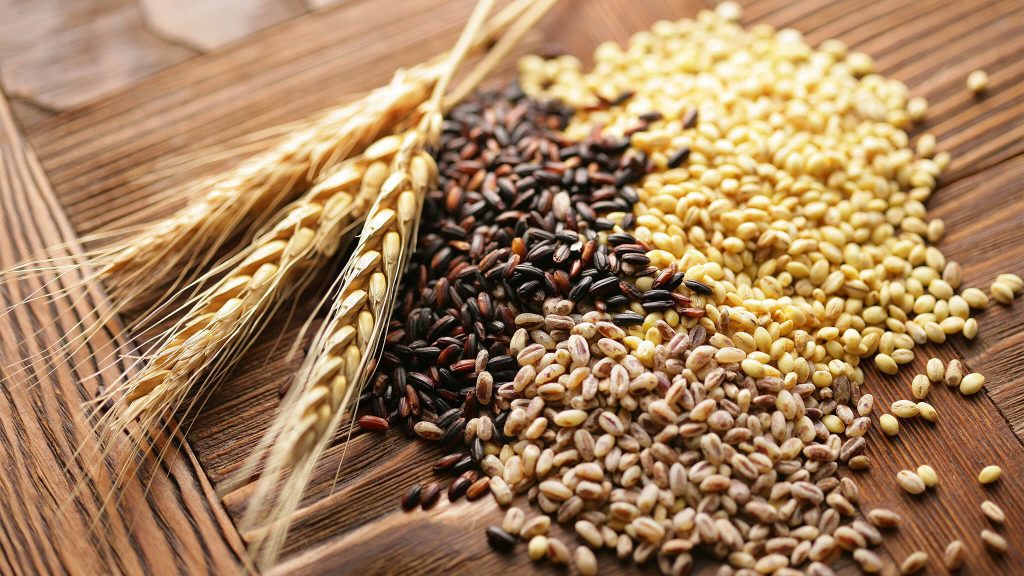
Vitamin E, which is found in whole grains like bread, pasta, barley, brown rice, oatmeal, and bulgur wheat, protects and preserves cells. Vitamin E safeguards brain cells, preventing the loss of cognitive abilities due to neurodegeneration.



